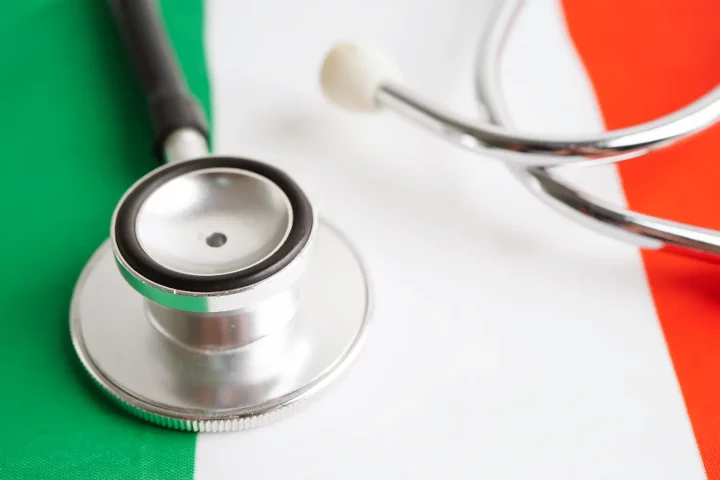Italy’s National Health Service (Servizio sanitario nazionale, or SSN) stands as a testament to the country’s commitment to providing comprehensive healthcare for all citizens. With its universal coverage, funding mechanisms, and emphasis on quality care, the SSN plays a very important role in safeguarding the well-being of Italians.
Universal Coverage
The SSN ensures that every Italian citizen and legal foreign resident has access to healthcare services. Whether you’re a lifelong resident or a recent expatriate, the SSN automatically covers you. This commitment to universality is a cornerstone of Italy’s social fabric, emphasizing that health is a fundamental right.
Funding mechanism
The SSN is primarily funded through corporate and value-added tax revenues collected by the central government. These funds are then distributed to Italy’s 19 regions and two autonomous provinces. Each region manages its healthcare system, allowing for flexibility and adaptation to local needs. The central government sets national health policies, allocates resources, and monitors performance.
Check out more benefits of Italian citizenship here.
Services covered
Residents receive a wide range of services mostly free of charge. These include:
- Family doctor and paediatrician: medical visits, prescriptions, referrals, and certificates.
- After-hours healthcare: free service available at night, on Sundays, and public holidays.
- Family planning clinic: services for women, children, adolescents, and families, including gynecological exams and pregnancy care.
- Emergency services: emergency telephone number 118 and hospital emergency departments for urgent medical care.
- Vaccinations: compulsory and recommended vaccinations for children, carried out at family planning or Local Health Authority (ASL) clinics.
- Medicines: access to medications prescribed by your family doctor or pediatrician is available. “Life-saving” medicines are either free of charge or require a nominal fee. Over-the-counter medicines are also available.
- Specialist visits, laboratory, and other specialist medical tests: booking appointments with referrals from family doctors or pediatricians, with fees applicable except in special cases of exemption.
Exemptions and deductibles
It is important to be aware that while primary care, inpatient care, and preventive screenings are free of charge under the SSN, the system isn’t entirely free. It does charge shared costs for some services, such as procedures and specialist visits. However, certain groups are exempt from these costs. These include pregnant women, patients with chronic diseases, young children, and older adults in lower-income households (earning up to €36,000 per year). Additionally, there are no deductibles for residents, ensuring equitable access to care.
Decentralization and regional variation
Italy’s healthcare system is decentralized, with each region responsible for its own services. While this decentralization allows for tailoring to local needs, it also results in regional variations. For example, some regions are considered more innovative than others. Efforts are ongoing to standardize care across all regions.
Learn more: how to obtain Italian citizenship?
Quality of care
Despite regional disparities, the SSN maintains a high standard of care. Italy boasts excellent healthcare outcomes, including low infant mortality rates and high life expectancy. The system’s focus on prevention and early intervention contributes to these positive results.
In summary, Italy’s universal healthcare system exemplifies the nation’s commitment to the health and well-being of its citizens. By providing comprehensive coverage, emphasizing prevention, and adapting to local contexts, the SSN stands as a model for other countries seeking to achieve equitable healthcare for all.
Are you excited about immersing yourself in Italy? The io.citizen expert team is here to guide you on your journey to Italian citizenship. Whether you have an Italian ancestor, are married to an Italian citizen, or have resided in Italy for an extended period, io.citizen is the perfect choice for you and your family. Contact us today to get started!
Take advantage of specialized assistance to secure your passport for a borderless future.






